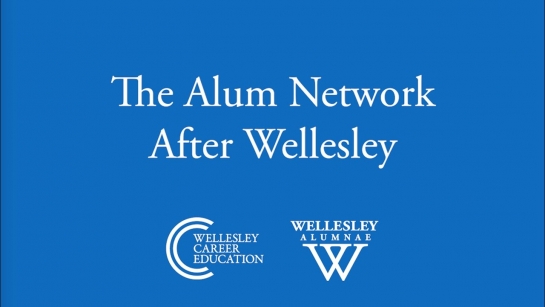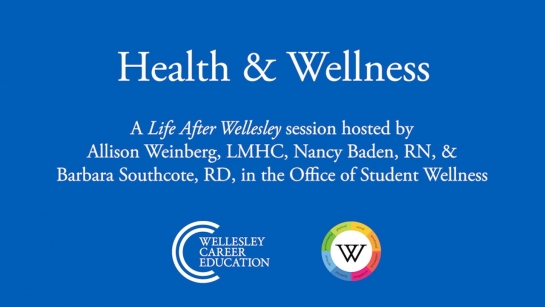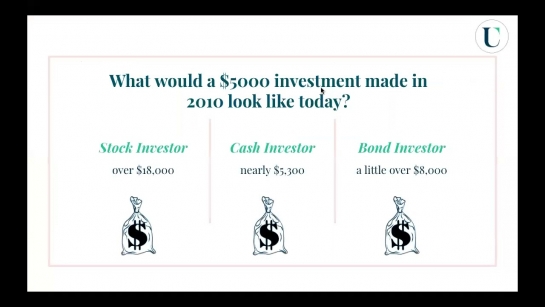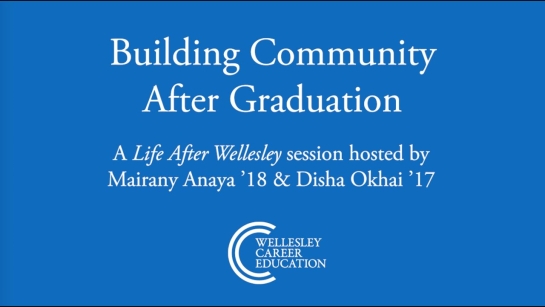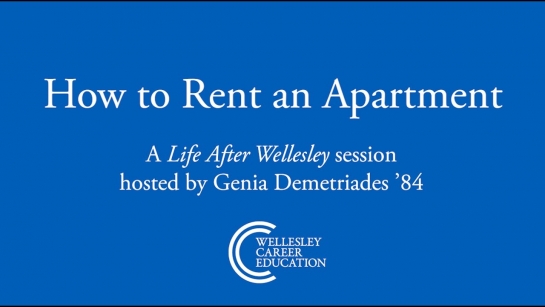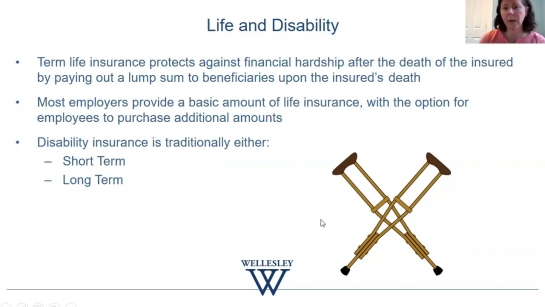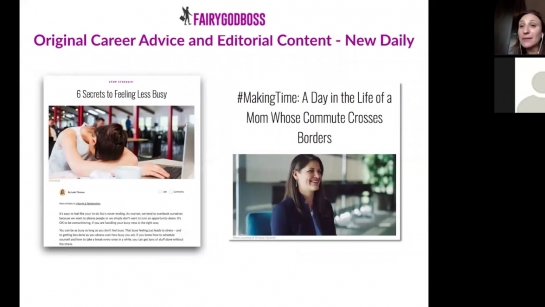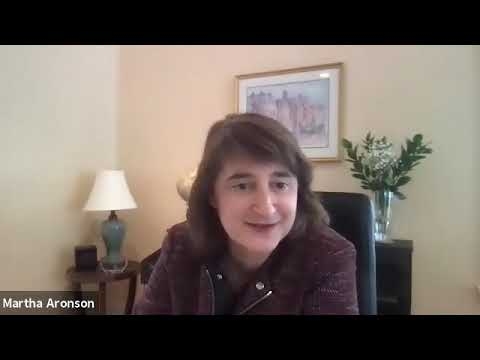Career Education Suit Program
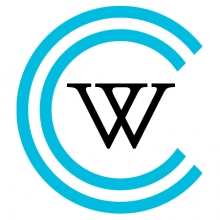
Is your wardrobe lacking the professional attire required to attend a conference, interview, or meeting? The Career Education Suit Program has quality suiting options for all gender identities in a full range of sizes. Students can choose from jackets, skirts, dresses, and pants. Suits may be borrowed for up to 7 days, with the date of return set upon check out.
The Wellesley Hive Mentee Resource: What is Mentorship?

The Wellesley Hive is a flexible, interactive virtual space for professional networking and mentorship. Whether you are a student or an alumnae (at any career stage), the the Hive is a platform to connect with the mentors in the Wellesley network. This resource is an overview of how to use the Hive to find short-term or long-term mentorship, informational interviews, job shadowing, and more.
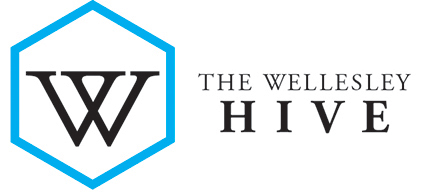
The Wellesley Hive Mentor Resource: The Fundamentals of Successful Mentoring

The Wellesley Hive is a flexible, interactive virtual space for professional networking and mentorship — exclusively for Wellesley. This resource, authored by Sherry Holland '66, describes some key steps in building any successful mentoring relationship within the Hive platform.

Booking a Room for a Virtual Interview (Guidelines for Student Sign-Ups)

Career Education has private interview rooms available for students to book for upcoming virtual interviews with employers.
Introduction to Interviewing

Career Education's Interviewing Resources are centered around The Four Pillars, or Four P’s (Preparation, Presentation, Proficiency, Partnership) of Interviewing, which serve as the foundation for a successful interviewing experience.
Discounted Princeton Review Test Preparation

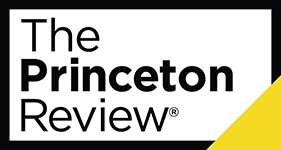
Wellesley College has a contract with the Princeton Review that allows all students to get a 50% discount on any test prep courses. This includes the MCAT, GMAT, LSAT, GRE, and DAT.
Graduate Degrees and Program Examples

This resource covers key questions to explore when considering a degree and program type, and provide information about:
- Certificate & Post-Baccalaureate Programs
- Master’s Programs (MA, MS, MBA, MFA, MEd, etc.)
- Doctoral Degrees
- Dual Degree Programs
Interviewing: Partnership (Fit)

Finding the fit between you and an environment is integral to building a satisfying and successful career. With that in mind, you must first evaluate your professional and personal needs that you would like to fulfill through your next opportunity. In addition, you also must assess what the organization’s needs are and how you would contribute to its mission and goals. This will allow you to determine the extent of your fit with an organization. What are your deal breakers? What are your preferences? Does this opportunity make sense when looking at your short-term and long-term...
Negotiation & Identity

Your social context for negotiation will depend upon a variety of factors. This is where you may ask yourself where you are at this stage in your career journey. How do your identities, values, interests, skills, and other aspects of your background intersect with the negotiation process? All of these components are worth considering because they will inform your approach to the process. Depending on your personal situation, some components may pose more questions for you than others.
How to Sign up for Industry Newsletters

Update your Career Interests in Handshake to sign up for Industry-Specific Newsletters!
Navigating the Job Search: The 4 Step Model

The four steps in this resource will help keep you focused and productive in your search. You should plan on revisiting each step as your knowledge and understanding of positions and industries grow. Each step below is outlined without a specific industry or position in mind. It is best to schedule an appointment with your Advisor for Career Exploration (ACE) or an Industry-specific Career Advisor to customize your process. The questions we have provided at each step are designed to help you reflect on your preparedness and identify what you may need to move forward in the process.
Interviewing Checklist: Reminders for Before, During, and After an Interview

This quick reference guide breaks down the essentials of the interview process.



